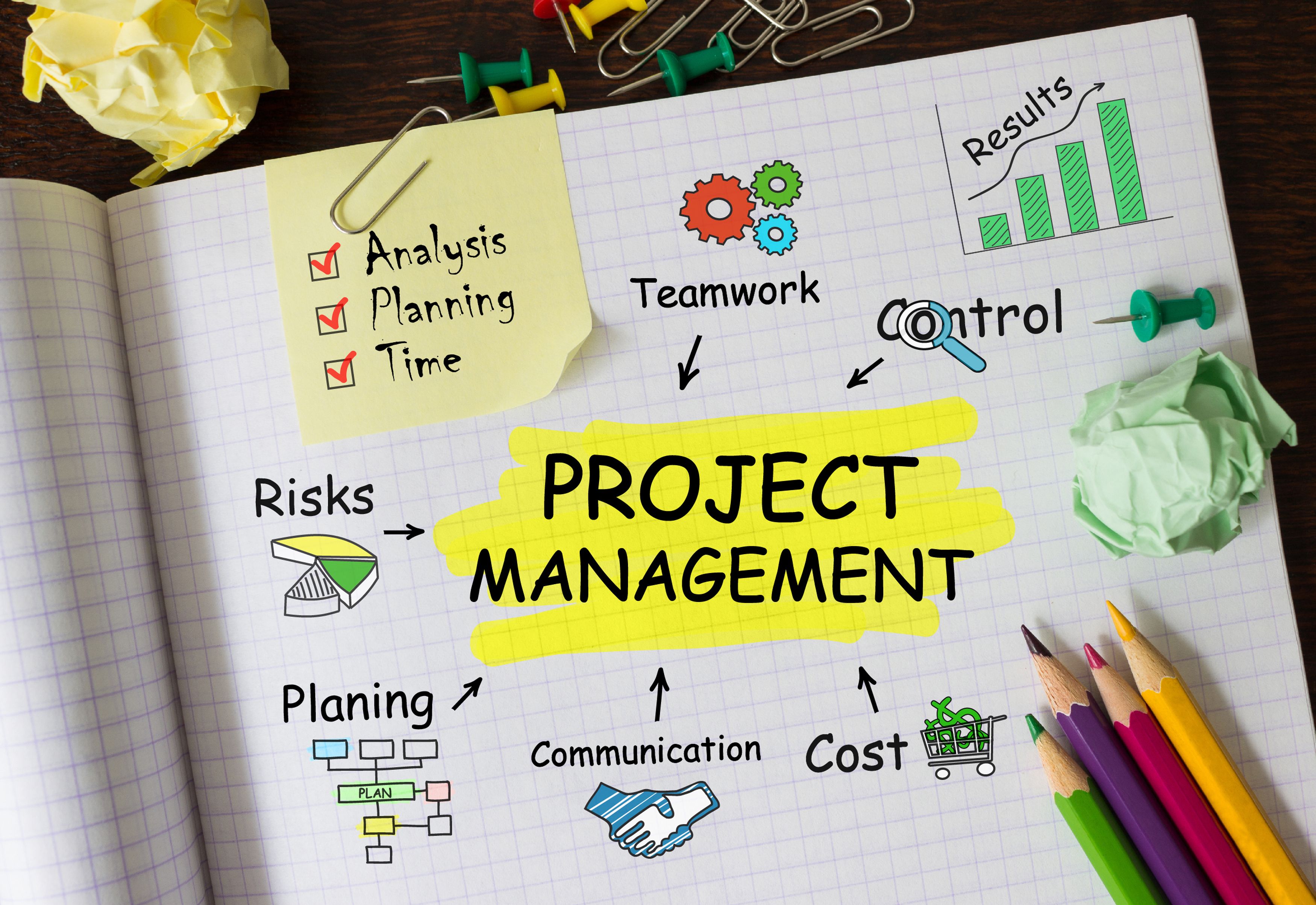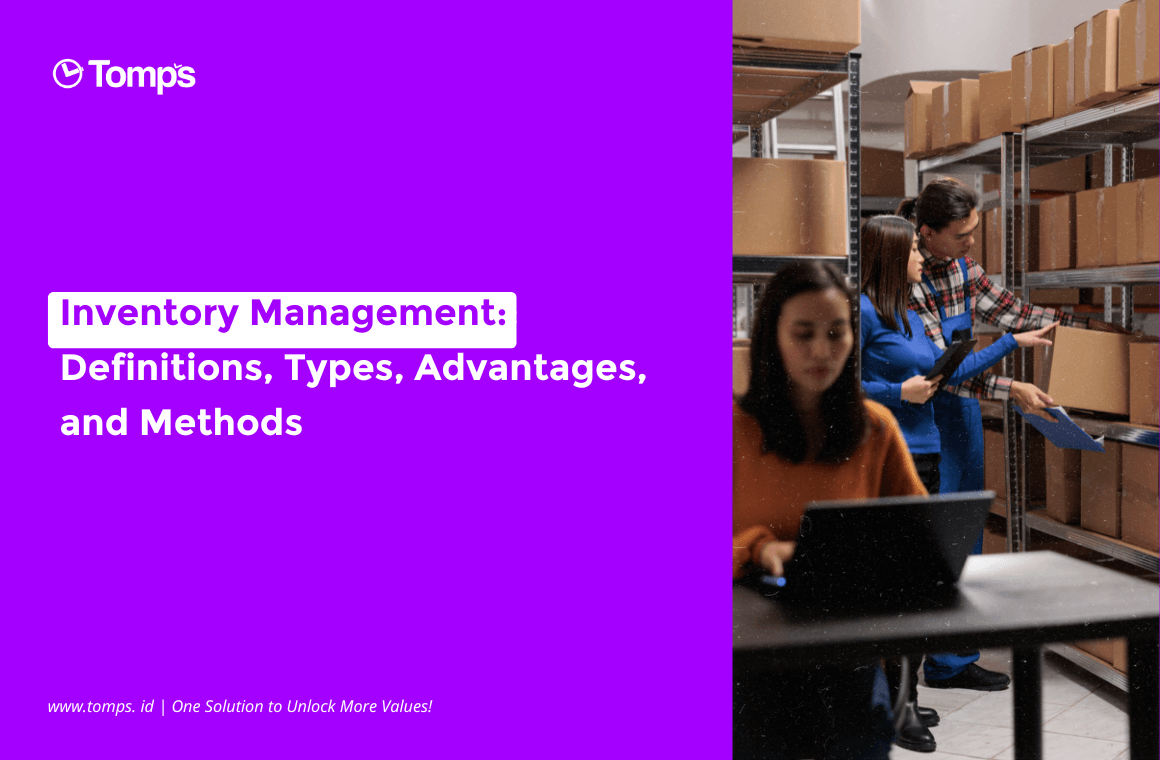Project management is defined by the Project Management Institute (PMI) as the use of specialised knowledge, skills, tools, and procedures to offer value to multiple stakeholders. In layman's words, project management is the process of managing resources to achieve or finish a project in compliance with the company's specified criteria and parameters. As previously stated, project management produces solutions that are constrained by time and financial constraints. Projects are typically associated with sectors with complex product components, such as software, information technology, the health sector, and building or infrastructure development. This is why project management skills are in great demand in the technology and infrastructure industries.
![]()
Types of management projects
According to Asana, Project management is a method that helps a team track all activities carried out to meet project requirements in a timely manner. However, within the broad category of management projects, there are a variety of additional types, methodologies, and approaches, including:
Agile project management (Agile)
Agile is a type of lean project management that is popular among product, engineering, and software development teams. With Agile, teams emphasise continuous improvement, flexible reactions to change, iterative processes, and gradual evolution. Some well-known Agile frameworks include Scrum and Kanban. Waterfall model. The waterfall model involves a flow of tasks in a linear approach: one task is complete, the next task is ready, and so on. This model includes six phases: requirements, analysis, design, coding, testing, and operations. It is suitable for projects with a fixed deliverable and scope, as it is less flexible than some other project management methodologies.
PRINCE2 Methodology.
PRINCE2 (Project in Controlled Environment) divides a project into seven processes, including directing the project, initiating the project, initiating the project, managing stage limits, controlling the stage, managing product delivery, and closing the project.
Critical path method (CPM) and programme evaluation and review technique (PERT)
CPM and PERT are original project management methodologies developed in the 1950s. CPM provides an algorithm for mapping critical paths between complex, connected tasks within a defined time frame. PERT helps identify critical paths when timelines and time frames are unknown by identifying all tasks that need to be completed to determine the minimum time to complete the entire project.

Purpose of Project Management
The purpose of project management is to foresee as many risks and issues as possible and to plan, arrange, and regulate operations so that the project may be finished as efficiently as feasible, notwithstanding potential dangers. The presence of risk and uncertainty indicates that the events and tasks leading up to project completion cannot always be properly forecast. Even successfully completing complicated or sophisticated projects might be difficult.
Planning—determining the steps that must be taken; organising—creating an organisational structure; staffing—selecting appropriate individuals for specific tasks; directing—giving instructions to the team; monitoring—overseeing project progress; control—taking steps to overcome obstacles; innovation—creating new solutions; and representing—interacting with stakeholders are all examples of project management activities.
Functions of Project Management
Reducing Risk Basically, every decision taken in every activity carries risk, and this also applies to a project. A project definitely has risks, both in terms of time, budget, and undesirable things. With project management, the project is managed to be more structured and dynamic, thereby reducing possible risks. Increase Efficiency Project management helps companies allocate resources and budgets appropriately and effectively so that they can maximise the use of existing resources. This can reduce the potential for unnecessary things and reduce unnecessary costs. Improve Coordination Between Divisions and Individuals. A project requires cooperation between divisions to complete it. With good project management, each division can be directed to carry out its duties and responsibilities for mutual success. Increase Productivity Project management will increase productivity, set priorities, and optimise workflow so that projects can run well and efficiently. Increase Productivity Another benefit that can be obtained from project management is increased productivity. This happens because every action in the project has been planned according to the time schedule, budget, and processes that have been determined. Appropriate Budget and Time Budgeting and time management are crucial because they are important resources. Project management helps manage and maximise both aspects. A project manager usually uses tools that help manage the project efficiently.
How to Set Objectives
Performance and Quality The final result of a project must achieve the specified goals. At one time, the quality control department was considered to be the party responsible for quality. However, in recent years, the concept of total quality management has emerged, where responsibility for quality is shared by the entire staff, from top management to the lower levels. Budget The completion of the project must be carried out without exceeding the official budget that has been set. Funding sources are not always available indefinitely, and a project may stall if funds run out before completion. If this happens, the money and energy that have been invested in the project will be lost. In extreme situations, project contractors can suffer significant losses. Even though some projects do not aim for immediate profit, it is still important to pay attention to the budget, and financial management remains a priority. Time fulfilment Actual progress must match or even exceed established plans. Each important stage in the project must be completed no later than the specified date, so that the project can be fully completed on or before the planned completion deadline. Achieving the time target is very important because delays in project completion may disappoint the buyer or project sponsor.
Conclusion
At its core, project management is the disciplined process of efficiently managing resources to achieve or complete a project in accordance with the predefined criteria and parameters agreed upon by the organisation. The inherent limitations of time and budget underscore the strategic importance of effective project management. Whether navigating the complexities of software development, information technology, healthcare, or construction projects, the principles of project management provide a structured framework for success. The need for skilled project managers is particularly pronounced in the technology and infrastructure sectors, where the coordination of diverse tasks and the ability to deliver within constraints are critical. In essence, project management serves as the compass guiding teams through the challenges of bringing complex projects to fruition. By fostering collaboration, optimising resource allocation, and adhering to timelines and budgets, project management ensures that goals are not just met but exceeded. As industries continue to evolve, the functions of project management remain indispensable, providing a roadmap for organisations to navigate the dynamic landscape of modern project execution.
Project management is a challenging topic with great expectations. Tomps is a mobile and web-based project management programme that provides a solution for easier project administration. Tomps Project offers sophisticated features for the many types of projects you manage to satisfy the demand for best quality and effectiveness in project management. Know the status of all projects in real time, accurately, and openly. Tomps Project can help you achieve more optimum business growth through improved project management!
Sources:
Martins, J. (2022, November 22). What is Project Management and its Benefits? [2023] Asana. Asana; Asana. https://asana.com/resources/benefits-project-management Miller, B. (2023). The Purpose of Project Management and Setting Objectives. Project Smart; ProjectSmart. https://www.projectsmart.co.uk/best-practice/purpose-of-project-management-and-setting-objectives.php Project Management Professional (PMP)® Certification | PMI. (2023). Pmi.org. https://www.pmi.org/certifications/project-management-pmp Ridhol Ikhwani, & Ridhol Ikhwani. (2023, February 18). Apa itu Project Management, Manfaat dan Perbedaan dengan Project Manager. Blog Arkademi. https://arkademi.com/blog/project-management-adalah/ Seymour, S. (2018, March 21). What is the purpose of project management? The purpose of project management is to help you foresee the risks. Financesonline.com; FinancesOnline.com. https://financesonline.com/purpose-project-management/







